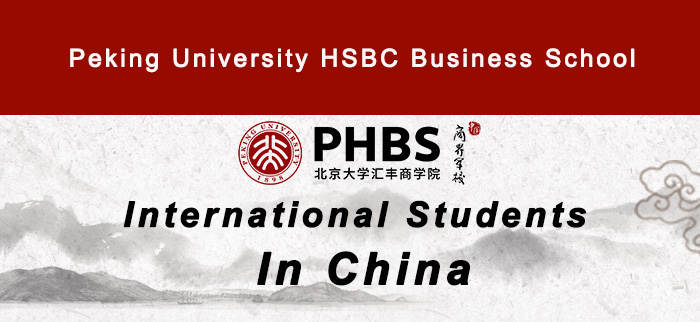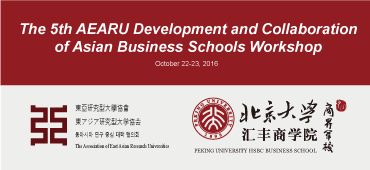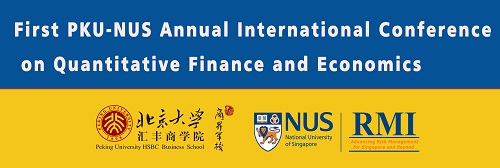Family Linkages, Social Interactions, and Investment in Human Capital: A Theoretical Analysis
by Qing Wang, Xiangrong Yu
ARTICLE | Journal of Comparative Economics | September 2016
Abstract
This paper introduces parent-child interactions into the Beckerian model of human capital. The acquisition of human capital, jointly determined by parental investment and child effort, is an equilibrium outcome of the intergenerational interactions, which is Pareto efficient within the family. We show that the equilibrium output of human capital is not affected by the parental authority over child behavior, but it is usually lower than the level that maximizes the instantaneous aggregate family welfare. In a family with more than one child, siblings not only compete for parental investments but also directly interact with each other in their effort choices. Exploring intragenerational connections and their interplay with intergenerational forces, we present a more complete theory of family linkages in human development and its implications for the rise and fall of families. Social interactions among children from different families induce intragenerational feedback effects that are further amplified by intrafamily interactions and accelerate regression towards the mean in the economic status of families.
Popular Articles
-
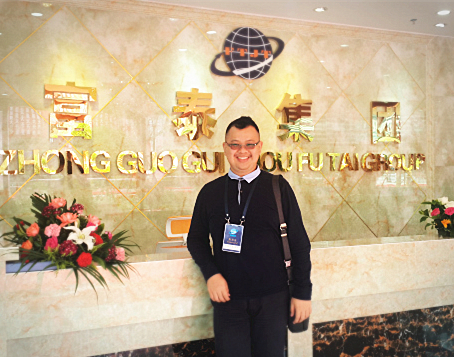 International Student Profile: Kevin Kurnia
International Student Profile: Kevin KurniaOct 12 2017
-
 PHBS Opening a Campus in UK: Se...
PHBS Opening a Campus in UK: Se...Feb 22 2017
-
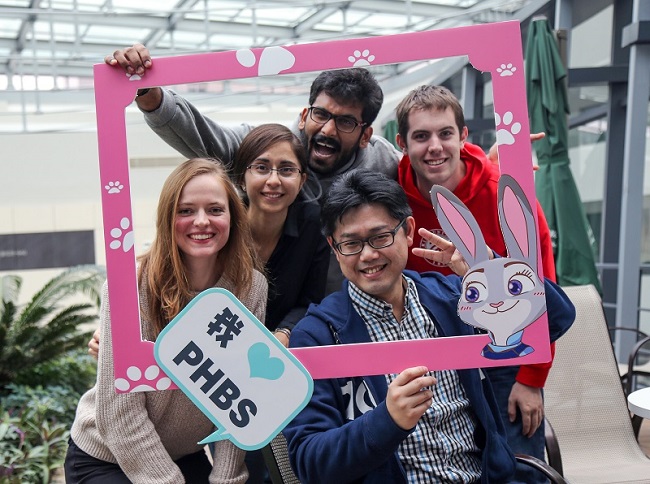 PHBSers: Wishing You a Better Year Ahead!
PHBSers: Wishing You a Better Year Ahead!Dec 30 2016
Latest News
-
Yeujun Yoon: Rise to Challenges and Find the True Calling
Time:Feb 23 2018
-
PHBS Exchange Students: Heavier Luggage, Fuller Hearts
Time:Jan 23 2018
-
PHBS 2018 Winter Camp: When Pyth...
Time:Jan 23 2018
Campus Events



